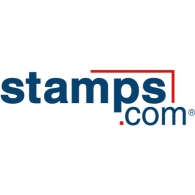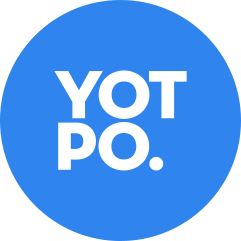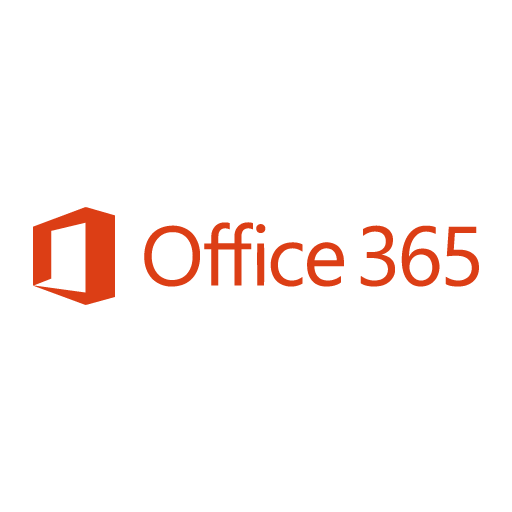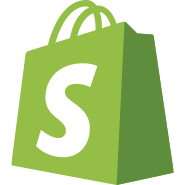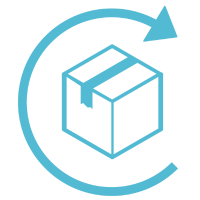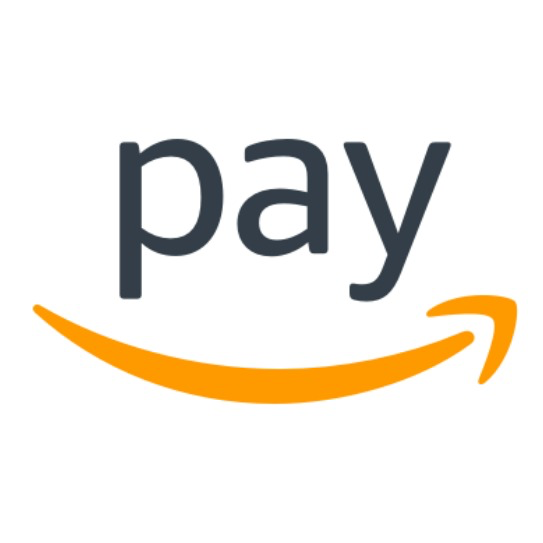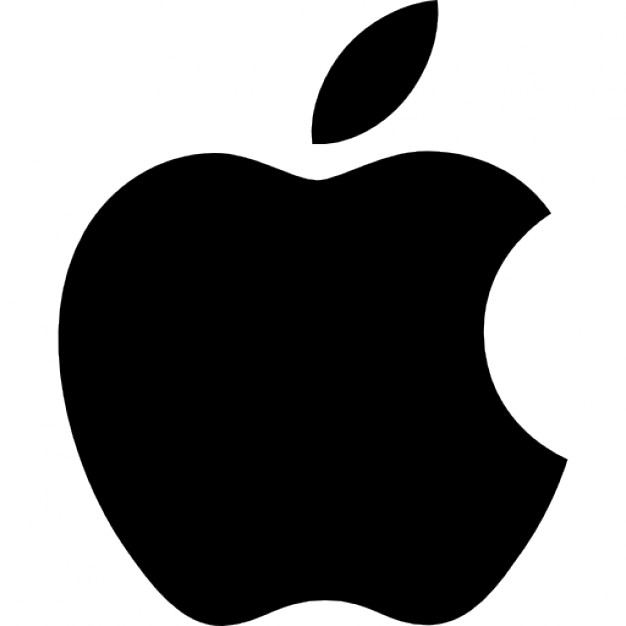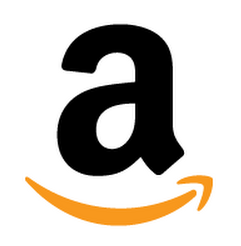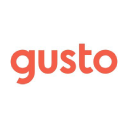Leaving The Cubicle To Start A $23K/Month Soap Company
Hello! Who are you and what business did you start?
Howdy! Thanks for having me here!
Outlaw Soaps was born from a love of adventure trapped in my heart, trapped inside a cubicle. I was working at the Oprah Winfrey Network in Los Angeles, and cubicle life was becoming increasingly difficult for me to maintain. I often got started with my day before dawn, and got home after dark. My life felt like an endless march toward an uncertain and undesirable destination: 401k? Retirement? The joy of going home and never leaving? These things didn’t really appeal to me at all.
Instead, my husband Russ and I craved adventure. We were involved in the Burning Man culture, so much of our adventurous pursuits involved heading out to the desert and making big art, then burning it.
On our honeymoon, we picked up a single bar of soap from a farm store. I smelled it every morning (and refused to use it -- I still have it to this day) and it reminded me of our wonderful honeymoon, of staying in a cabin in the woods, of walking on the beach, of the general wonderfulness of our adventure.
One morning, I looked at the ingredients of the soap and was surprised to find that it was only a few...




